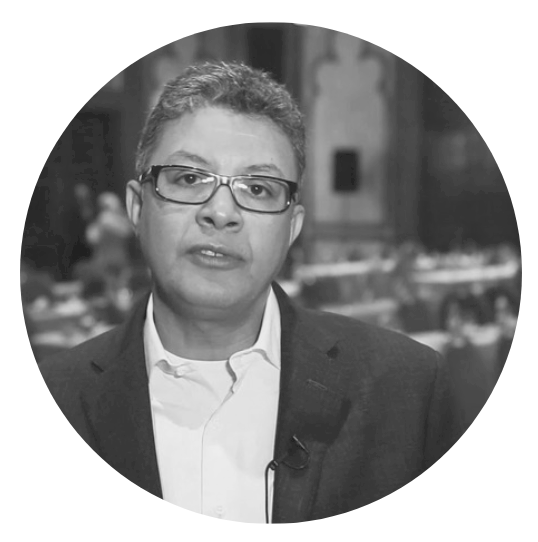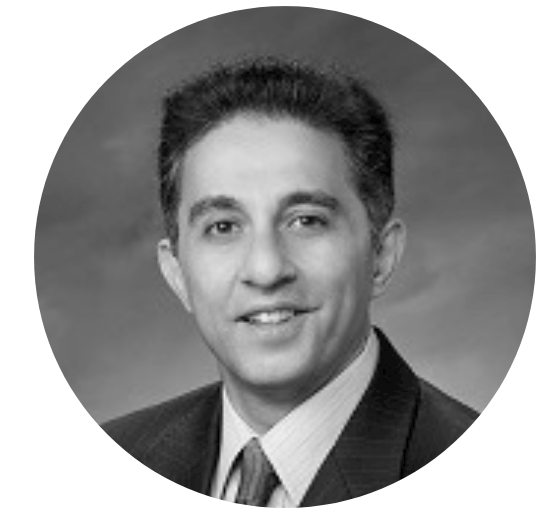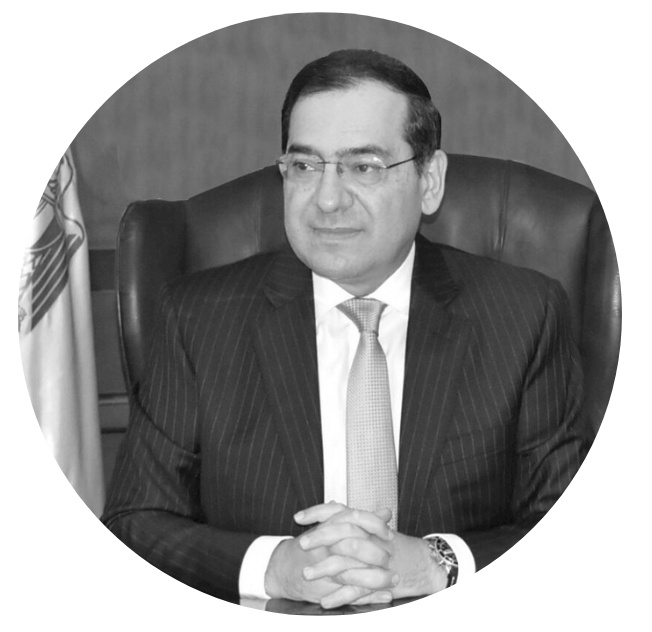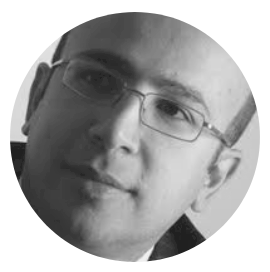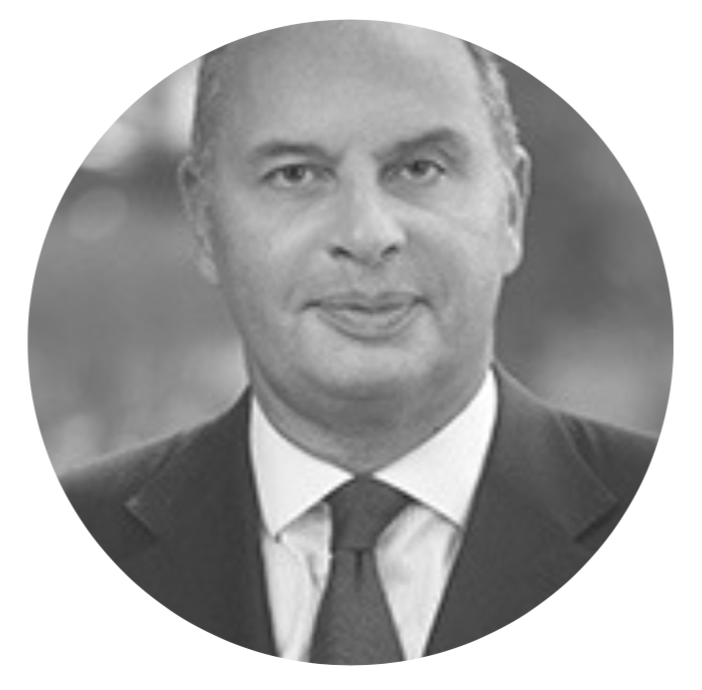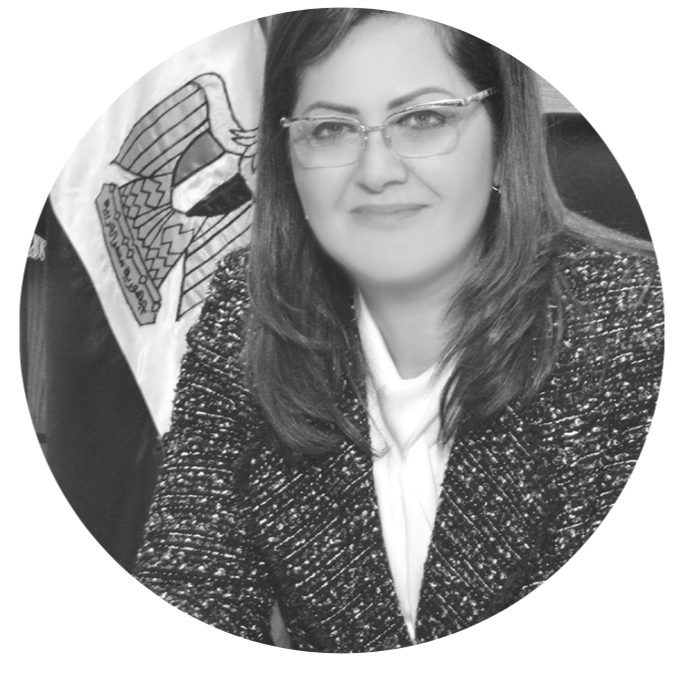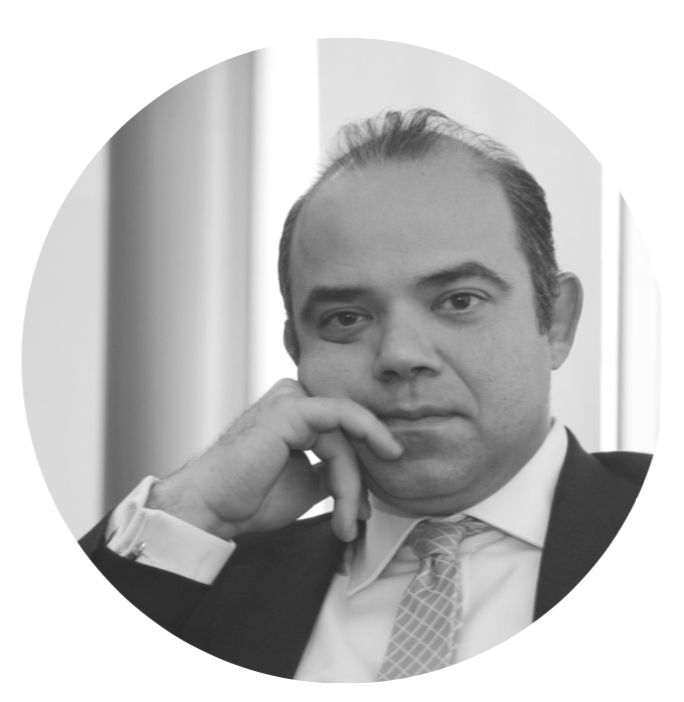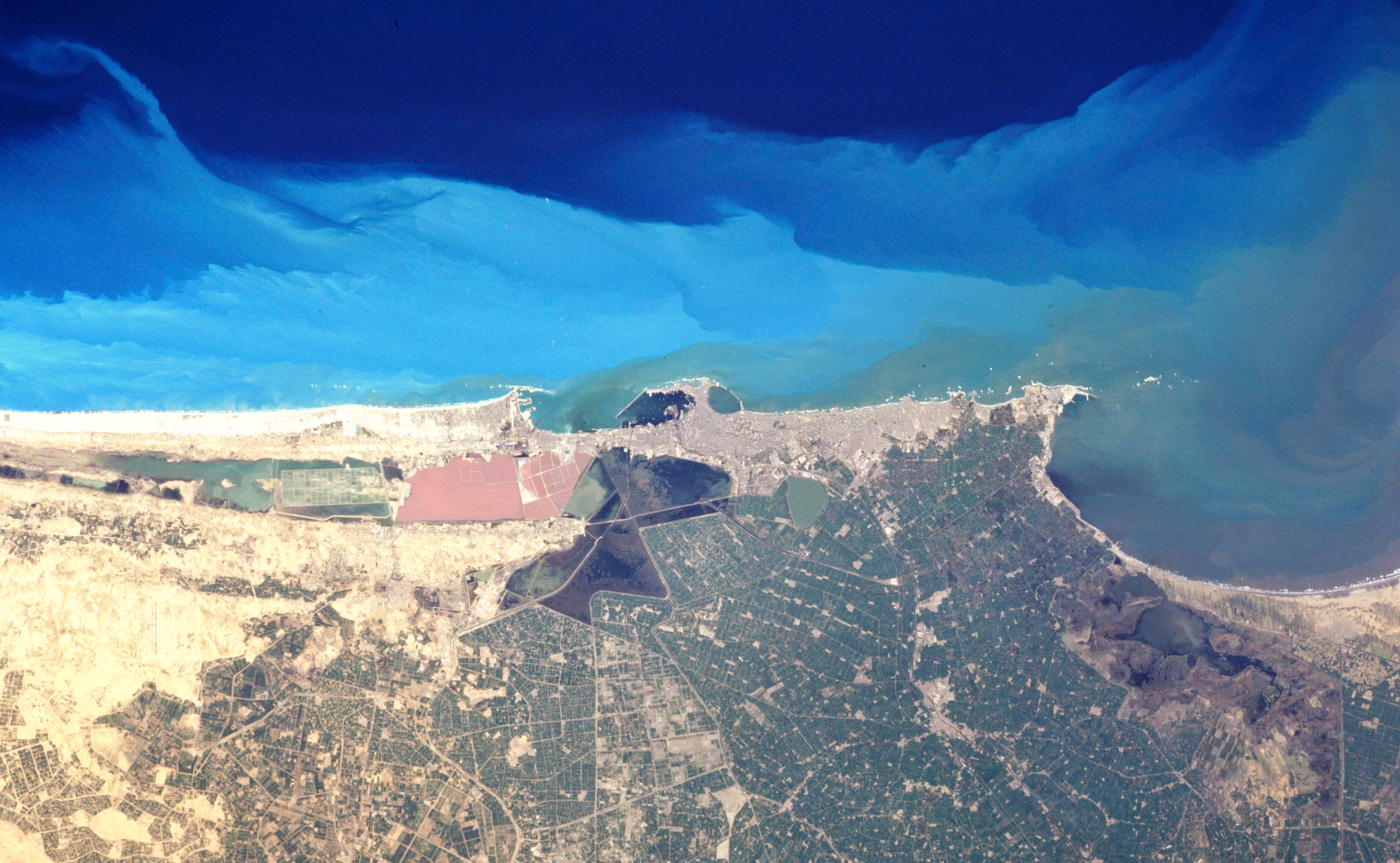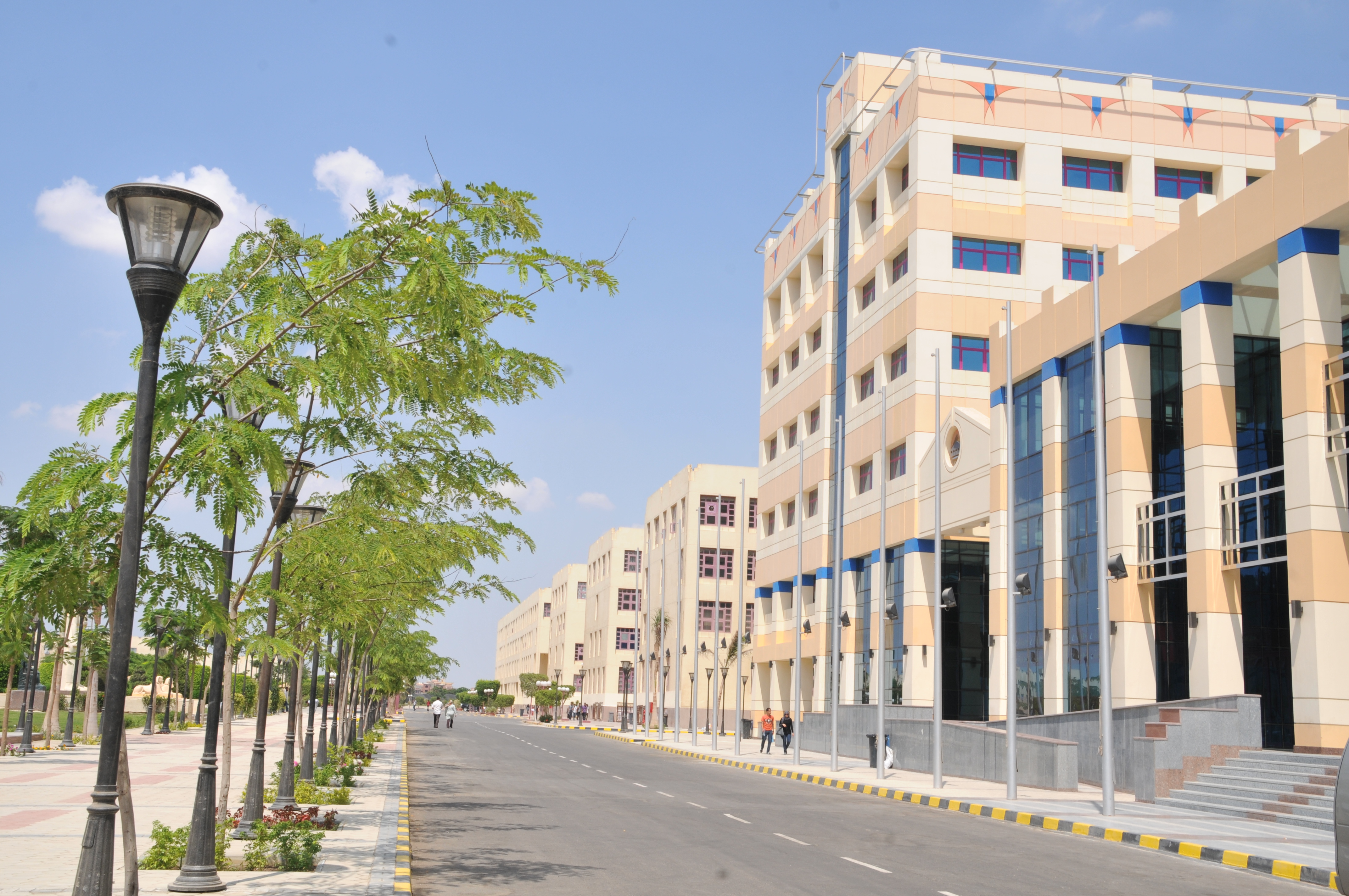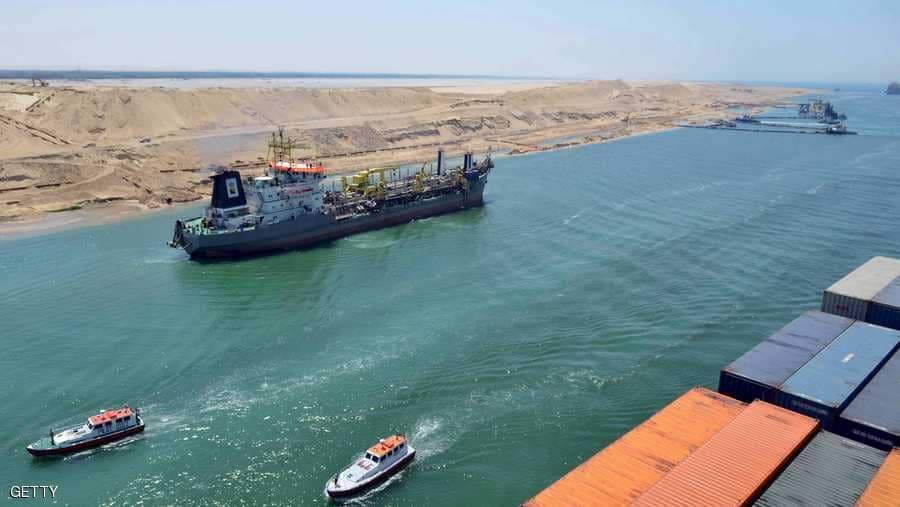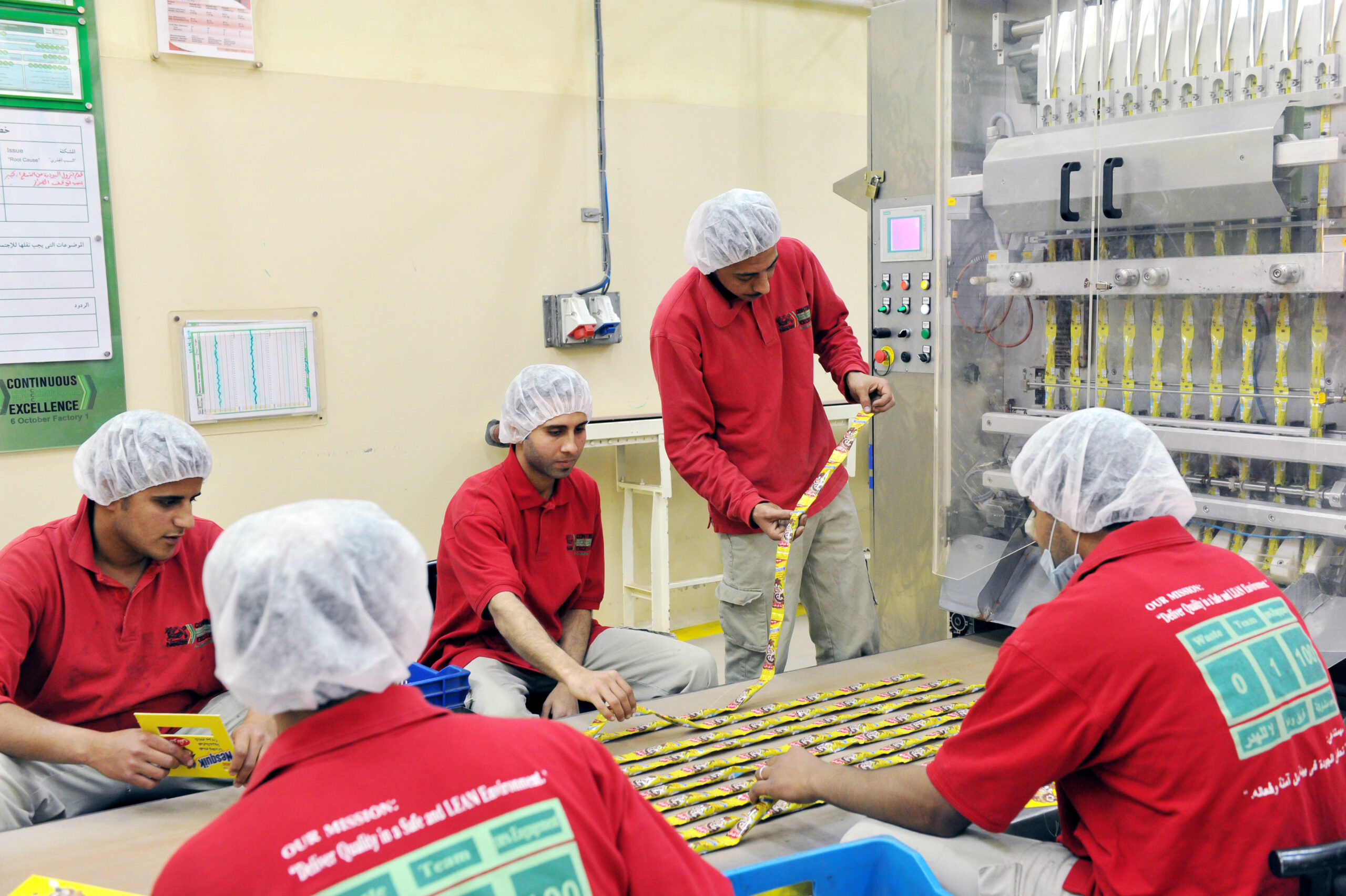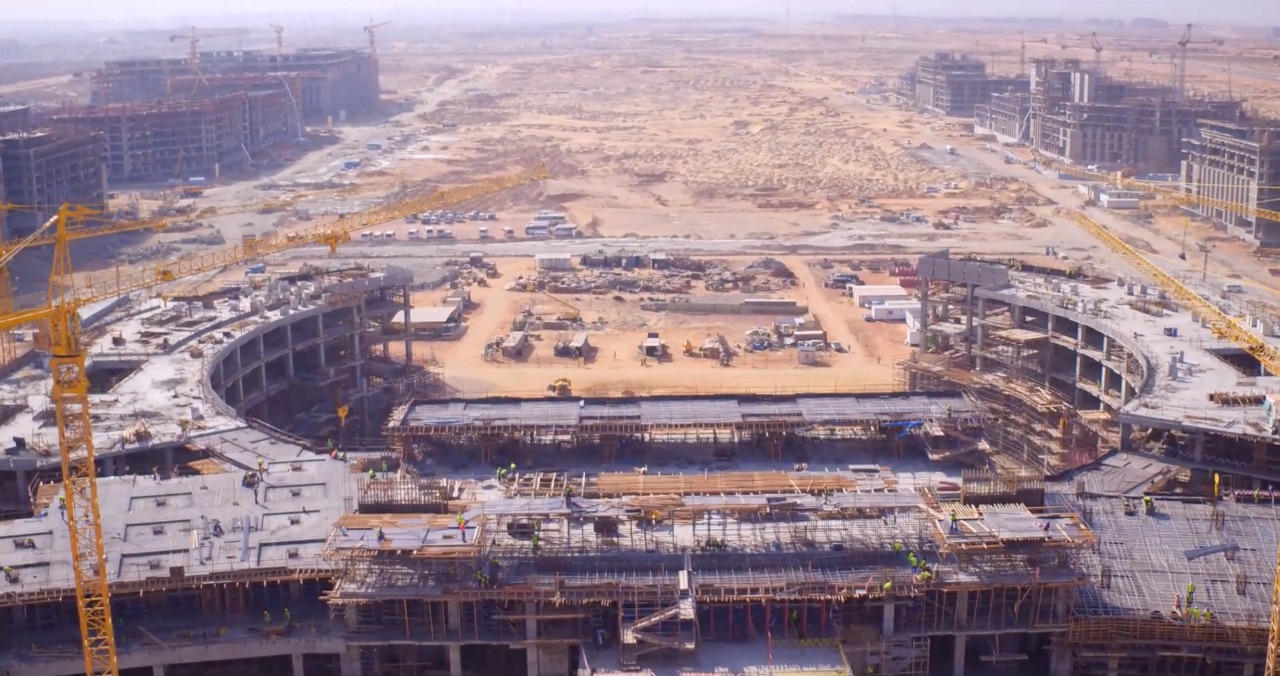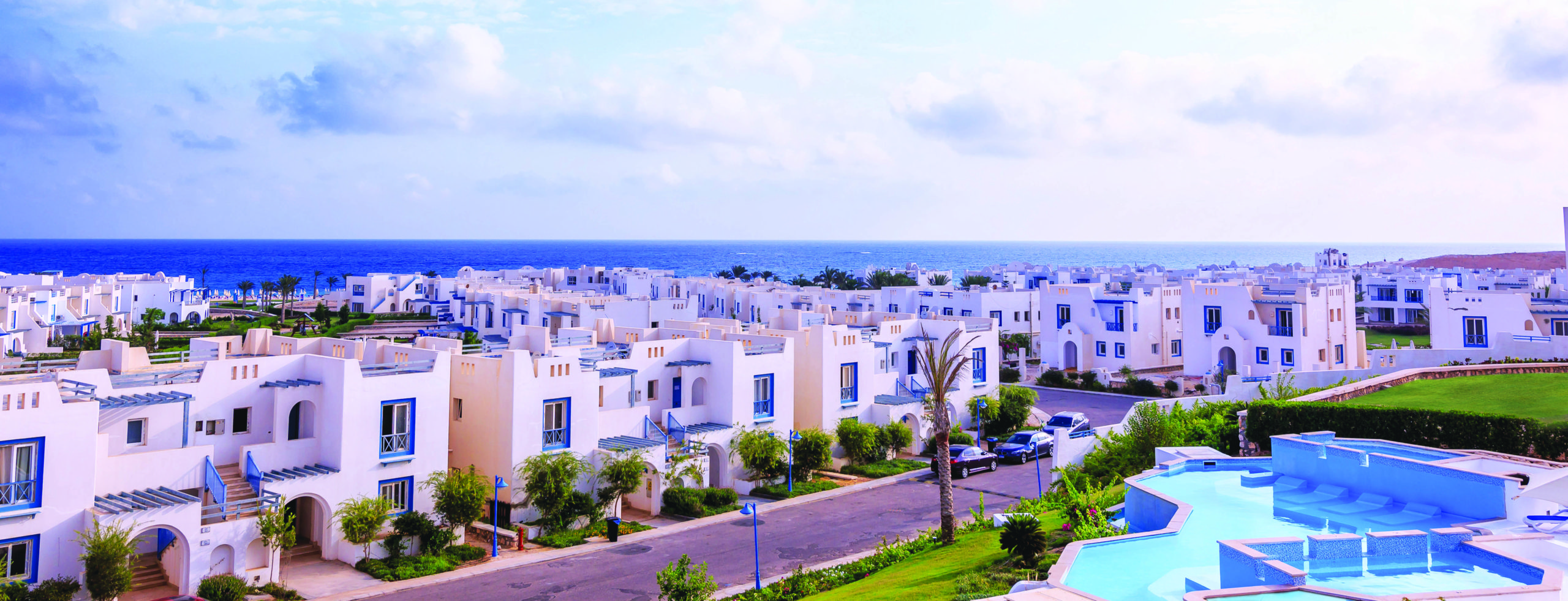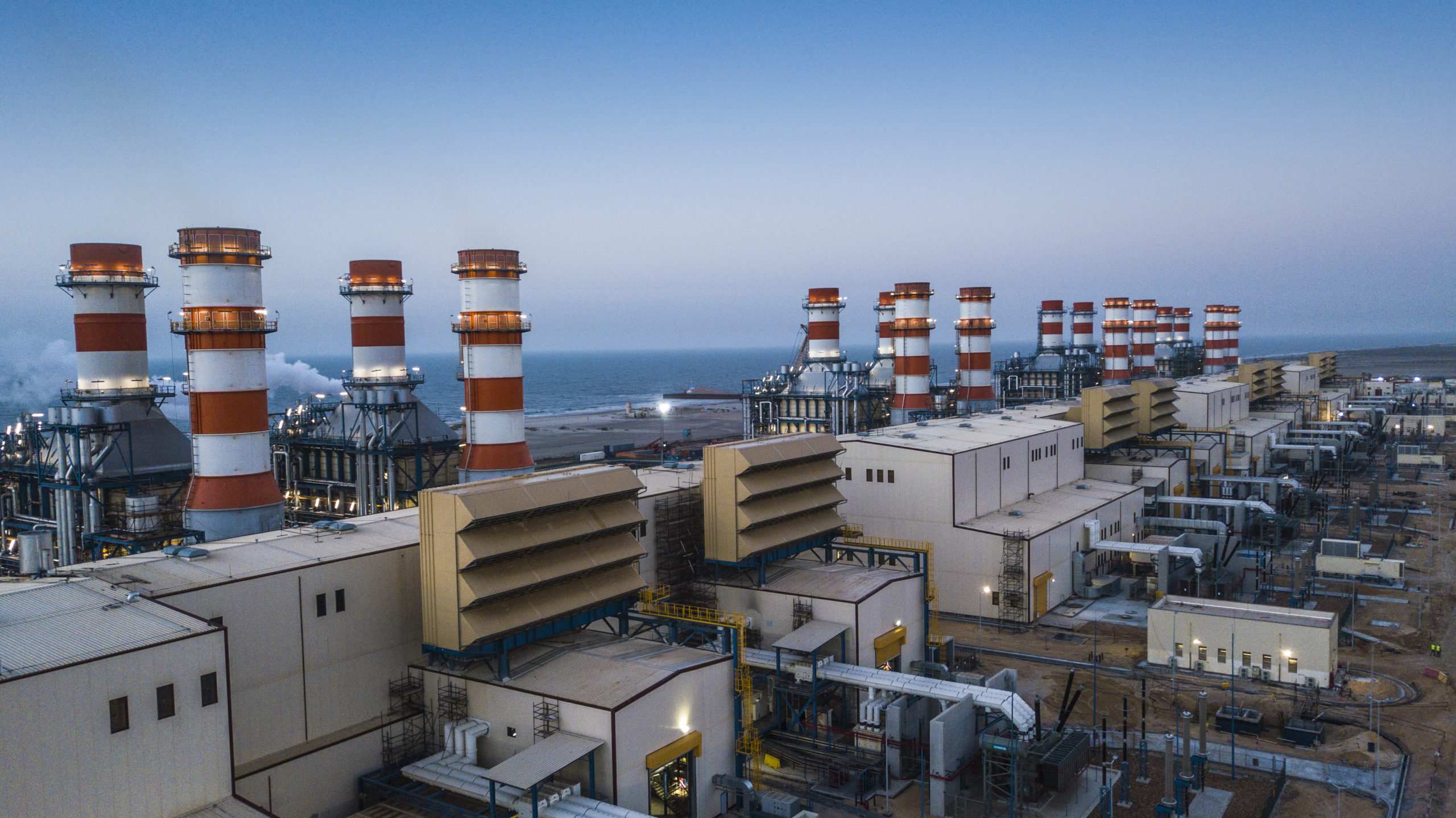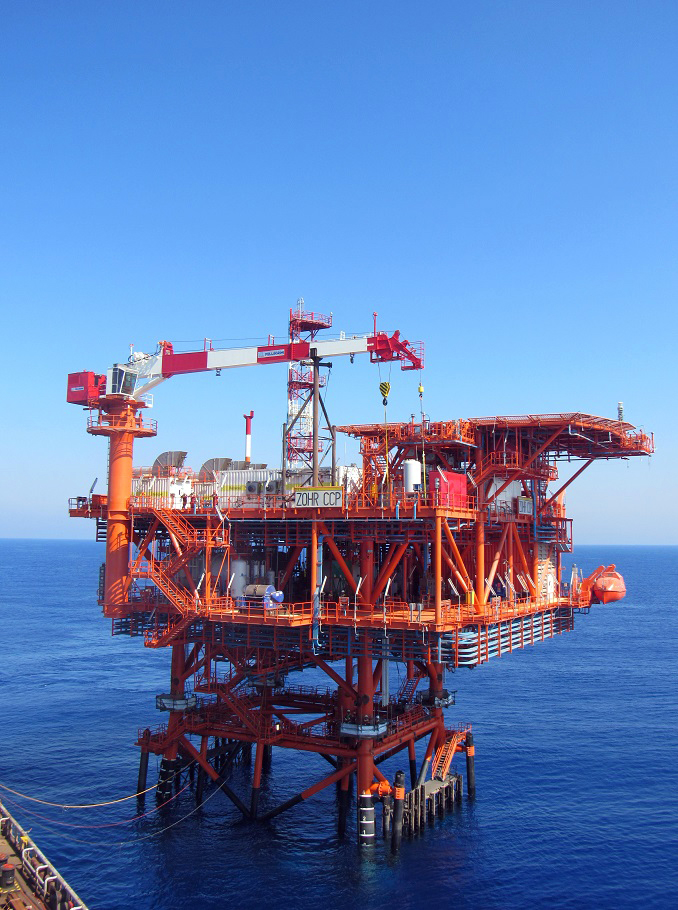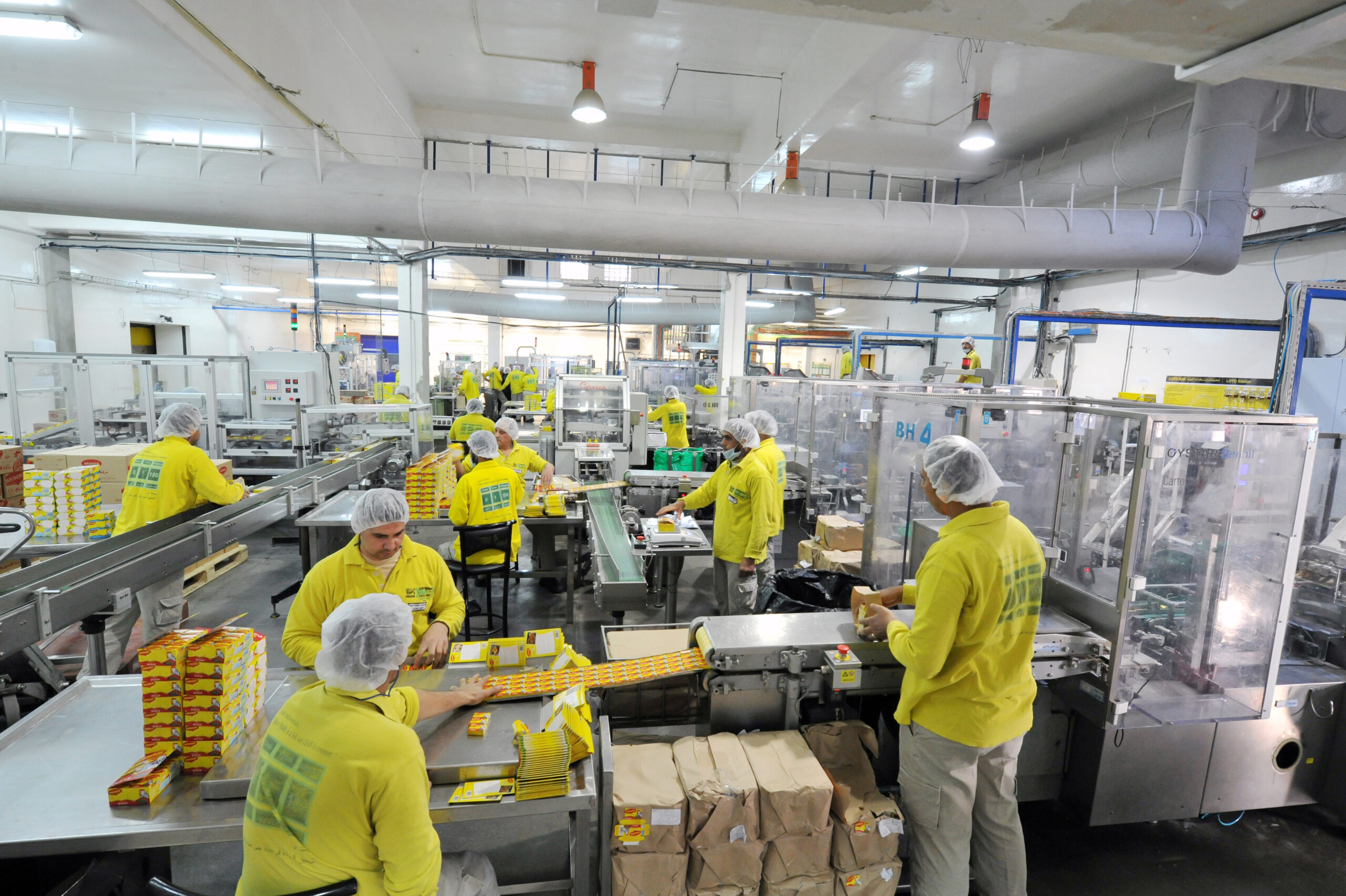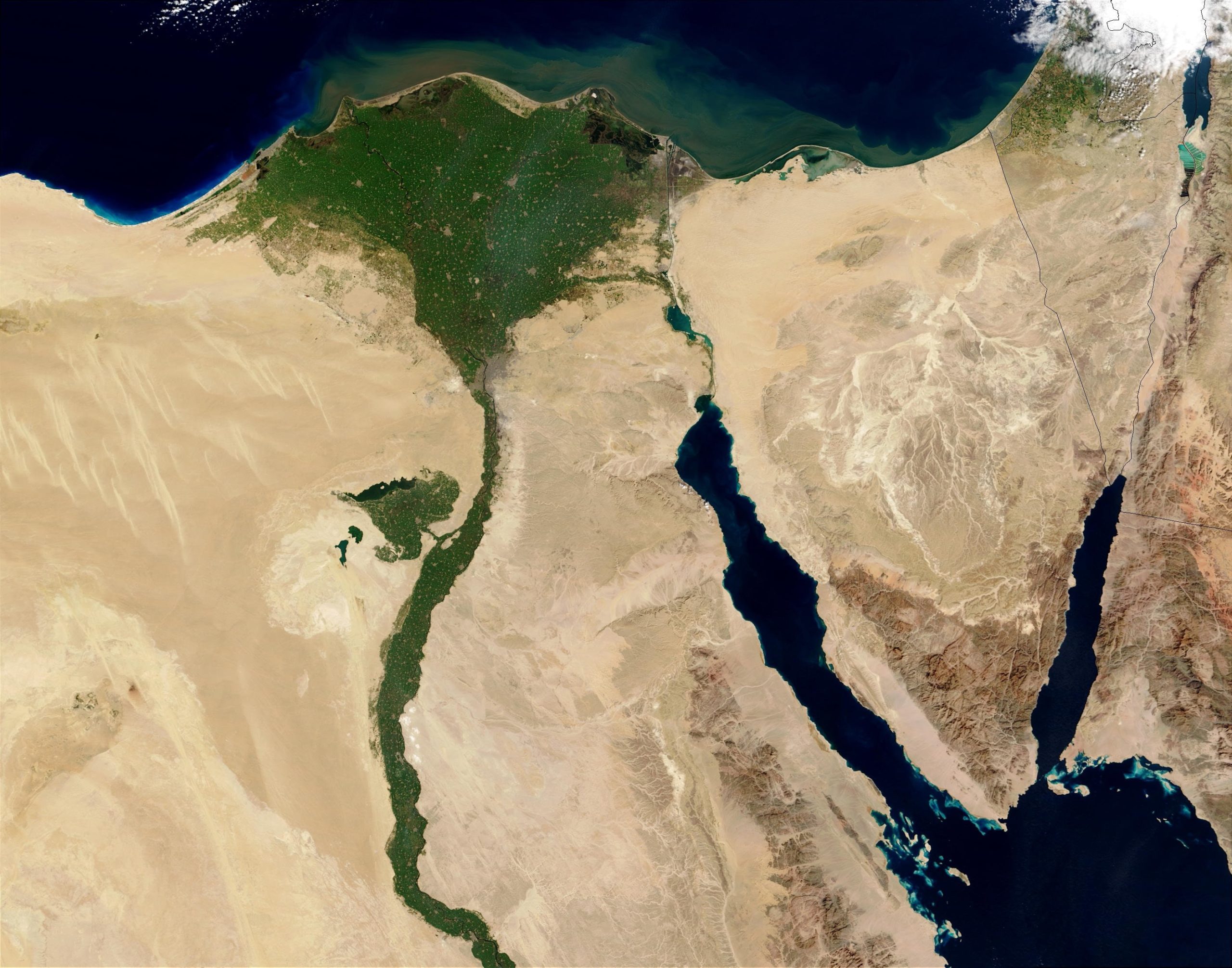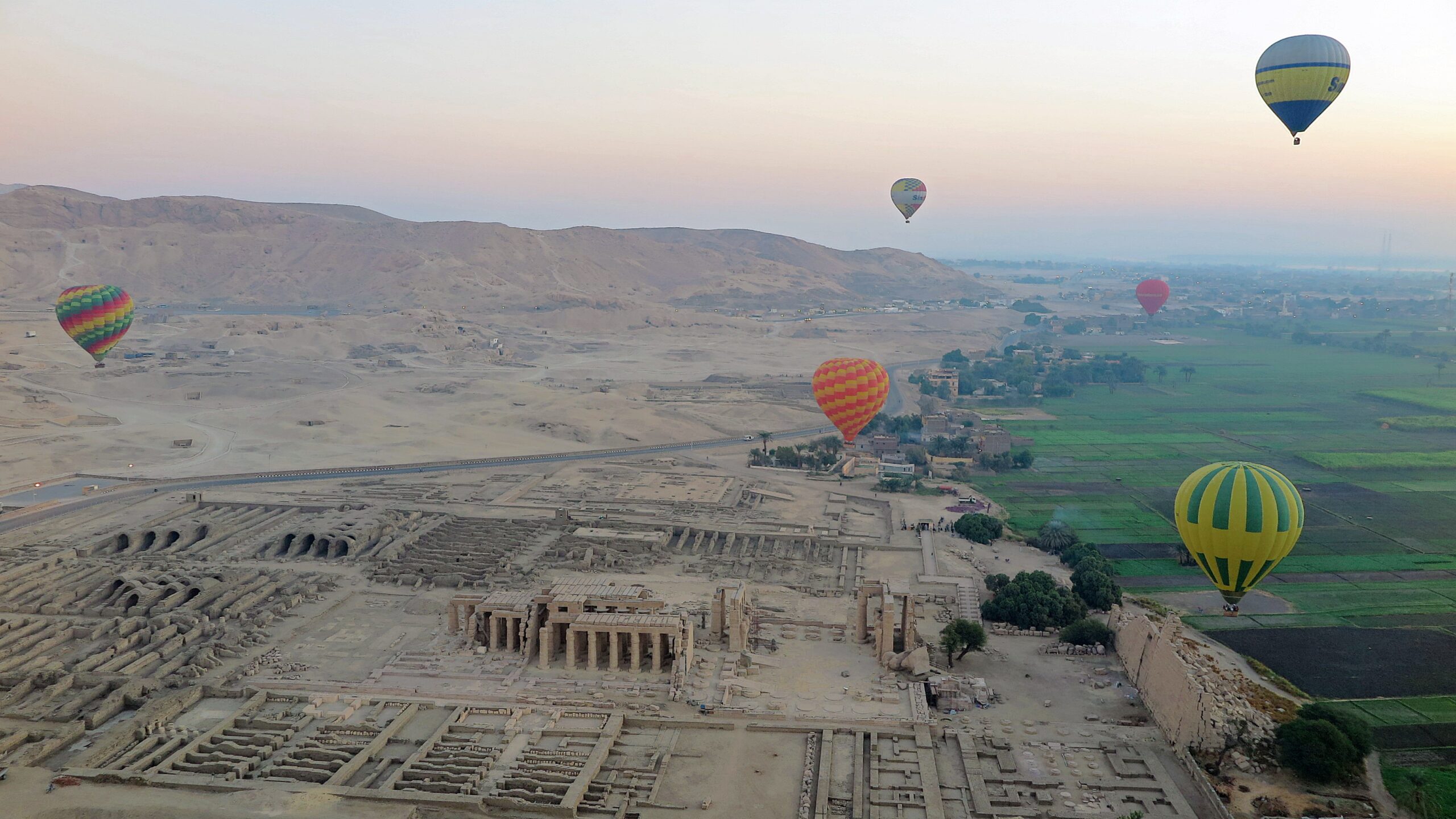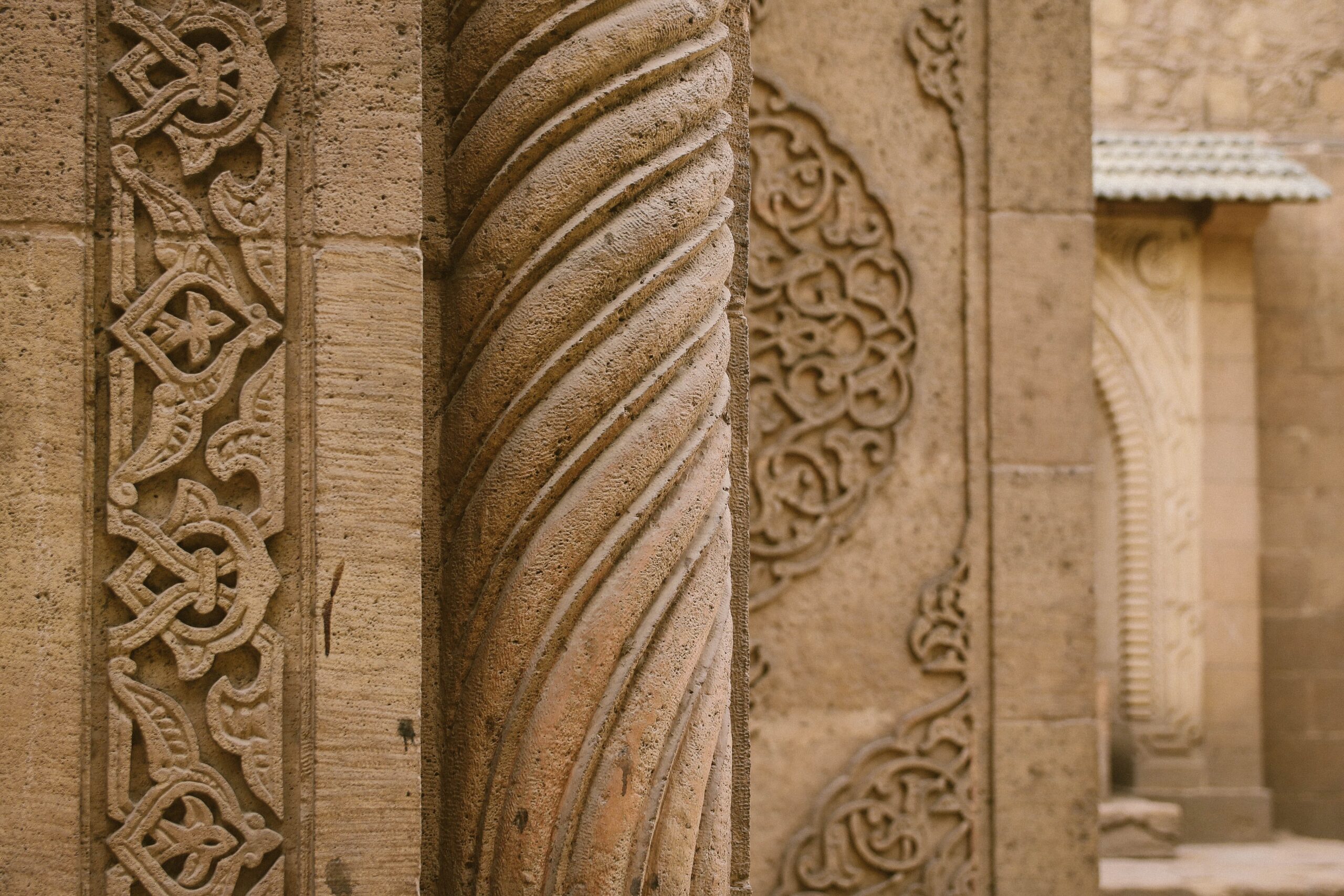
The Greater Dublin Area and the Belfast Metropolitan Area continue to grow as the main economic engines on the island of Ireland. In the middle of these two hotbeds lies County Louth, an emerging critical player in the island’s economy. The Dublin-Belfast Economic Corridor is considered one of the most important economic regions for the future, boasting the best possible environment for businesses to grow and thrive. The Republic of Ireland’s economic plan, Project Ireland 2040, recognizes the importance of Louth’s two largest towns, Drogheda and Dundalk. Located in the heart of the Dublin-Belfast Economic Corridor, Drogheda and Dundalk will play an important role as key cross-border networks for regional development and national economic growth.
Although Louth is Ireland’s smallest county, it is the second-most densely populated and one of the best-connected regions. County Louth has an abundance of potential and is ready to accommodate global multinational giants. After all, it is the legendary home of great mythical giants, Fionn MacChumahaill and Ruscaire, so the population is already well versed in their role handling giants.

Joan Martin, Chief Executive of Louth County Council, stated, “The powerhouse of Ireland’s economic development on the island continues to be on the east coast with the biggest airports, universities, and highly educated population. Louth is at the center, is easily accessible, and offers the same advantages as Dublin or Belfast, but in a slightly more rural setting. In fact, Dublin’s electric commuter rail system, the Dart, recently announced its future extension to Drogheda, and there are plans for a large extension of rail infrastructure and services in Louth. The government recognizes the need for increased capacity along the corridor, showcasing Drogheda’s economic growth potential. The ease of travel and accessibility will also foster further growth in Louth. As an ancient medieval city, Drogheda is an excellent place to live, and also offers many modern economic development advantages.”
Martin continued, “There are big investments taking place in Louth. For example, Paypal has a robust presence in Dundalk, amongst many other American firms. Companies from other nationalities are also heavily present, such as WuXi Biologics and WuXi Vaccines. They have invested nearly EUR 400 million and are currently developing facilities that will increase the region’s biopharma capabilities.”
Companies in the region value easy access to Dublin. Local institutions such as Dundalk Institute of Technology are helping to up-skill the local workforce and continue to foster innovative startups from their development center. Additional ongoing investments are further expanding the region’s capabilities in technology, wind turbines, and other fields.

Blackrock Promenade 
Monasterboice High Cross 
King John’s Castle
Martin noted, “The County of Louth is very proactive in its approach to enable businesses. We have a ‘can-do’ attitude. We speak with potential investors about their plans and seek to solve problems that could arise using a collaborative mindset. This problem-solving attitude is a hallmark of how we do business in Louth.
“We also collaborate closely with other state agencies on an ongoing basis to predict future needs. For example, alongside IDA, we moved ahead many years ago on acquiring the necessary generic site permissions for a biopharma plant. As a result, that site was ready to run well before any company had shown interest. As a County, we were proactive in our ambitions to facilitate further economic development and brave enough to build up the infrastructure in the hope of attracting investors.”

St Laurence’s Gate 
St. Brigid’s Shrine 
St. Patrick’s Cathedral, Dundalk
President Biden’s Ancestral Home
Louth County has a rich history filled with mythological legends, Viking influence, and modern gastronomical seafood offerings. It lies within Ireland’s Ancient East, and two important sites in Louth are Mellifont Abbey, ruins of a 12th century Cistercian monastery, and Monasterboice, a historic early Christian settlement on the banks of the Boyne. Monasterboice is notable for its round tower but is best known as home to Muiredach’s High Cross, one of the finest high crosses in Ireland.
Martin highlighted, “President Joe Biden came to visit his ancestral homeland in County Louth. He visited relatives in Carlingford, an old Viking village on the Cooley Peninsula between the waters of Carlingford Lough and the mountain of Slieve Foye. There, Biden was bestowed with the ‘Freedom of Louth,’ an award of the highest accolade, and gifted a replica of the Irish mythological ‘Brown Bull of Cooley’ made from the wood of a tree that had been standing during the ‘Battle of the Boyne’ when his ancestors left Ireland.”
The County’s rich history, modern infrastructure, ideal location, and can-do attitude make it an appealing location for investors, tourists, and multinationals.







